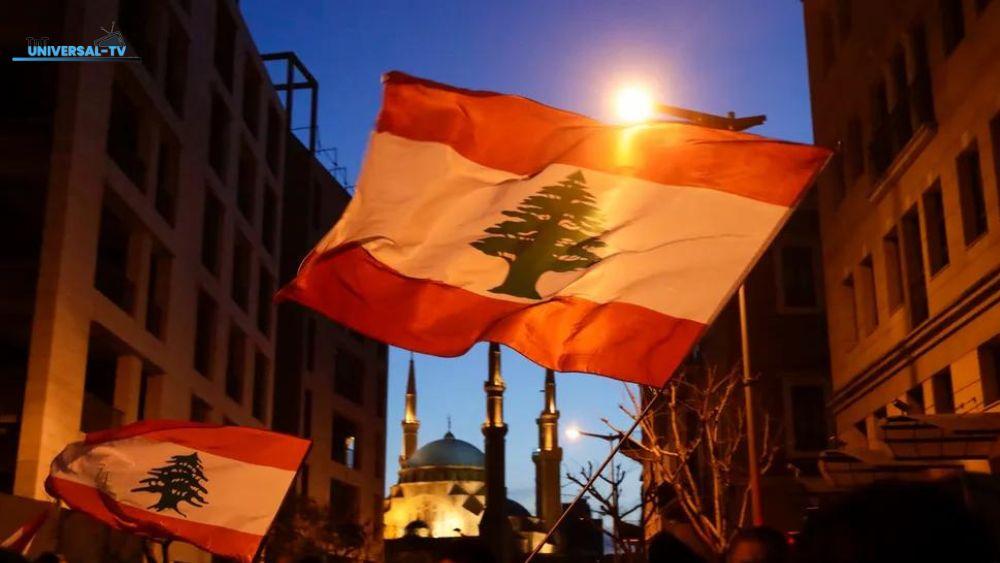
Lebanon soon wakes up from a crisis until another one hits it at all levels, especially the political and economic ones, and within a scene in which the Lebanese are accustomed to the vacancy of the position of the President of the Republic, due to the different political forces to name it for several considerations, fears rise this time with the end of President Michel Aoun’s term of office. A presidential vacuum scenario may be prolonged.
The Lebanese Parliament failed four times, during the last period, to elect a President of the Republic, despite the very difficult economic and living conditions the country is witnessing that require mobilizing all efforts to get out of it and actually limiting the great losses that the Lebanese have incurred until now.
And before President Aoun left Baabda Palace, he signed a decree accepting the resignation of Najib Mikati’s government, so that the latter came out rejecting the decree, declaring his continuation and his government to conduct business as stipulated in the constitution, which escalates the existing political tensions in the country.
In his letter to Parliament, outgoing Lebanese President Michel Aoun said that his step came after Prime Minister-designate Najib Mikati expressed “his lack of enthusiasm for writing for various reasons”, and to cut off the way for him to “convene cabinet sessions” in violation of “the concept of conducting business in the narrow sense.”
Although Aoun’s last speech carried direct accusations against the political class of accessing the difficult economic situation in the country, many Lebanese blame him personally, especially since his reign witnessed one of Lebanon’s most cruel and destructive events, the explosion of the port of Beirut.
However, before leaving office, the president was keen to reinforce his last step that led Lebanon to sign an agreement to demarcate the maritime borders with Israel, and this has a positive impact that may positively affect the Lebanese in the coming days.
To solve the dilemma of Lebanon falling into a presidential vacuum for a long time, the parliamentary blocs will have to agree on a consensus candidate for the highest office in the country, as no coalition within the Legislative Council controls the majority seats.
